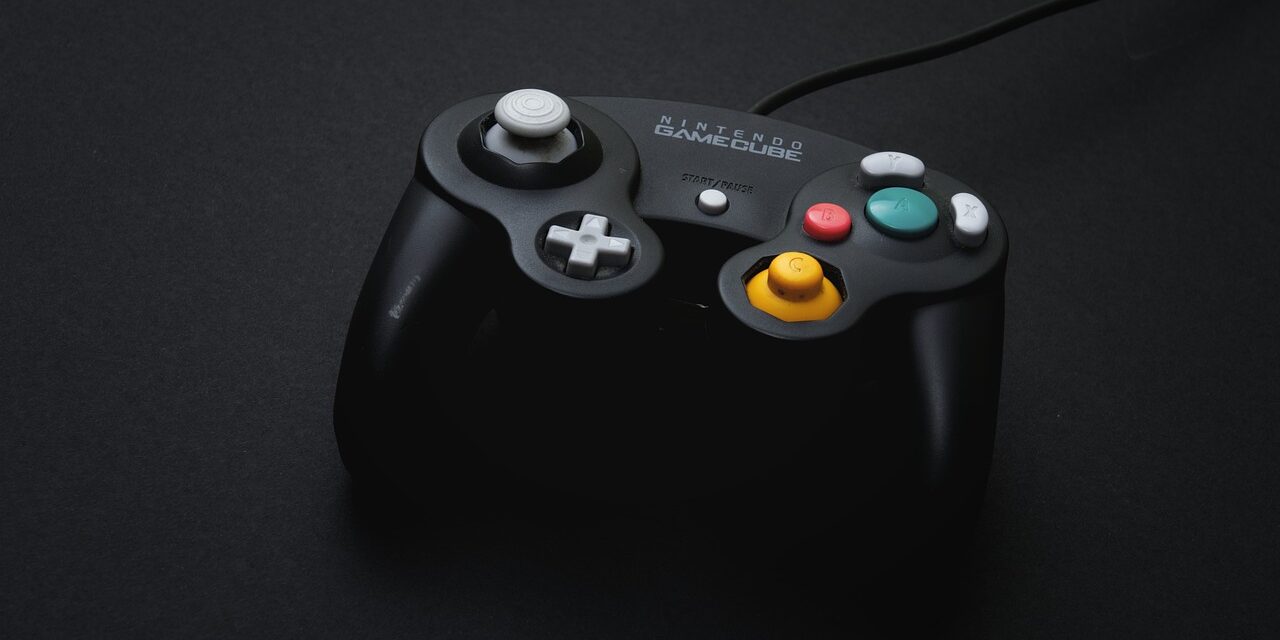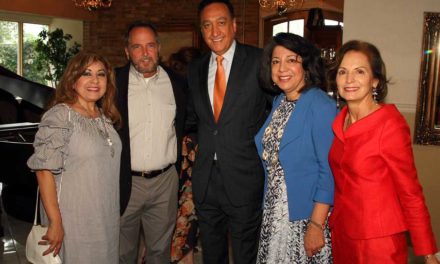The gaming industry, once exclusively populated by maze-roaming ghosts, Italian plumbers, sword-weilding elves, has begun to diversify its characters and stories to better reflect the diverse communities that play them. Latino representation, in particular, has seen a notable increase in recent years, with characters ranging from iconic fighters to enigmatic hackers. One of the most recognizable Latino characters in gaming is King, the towering luchador from Bandai Namco’s Tekken series of fighting games.
With his signature jaguar mask and flamboyant moves, King has become a fan favorite, symbolizing strength, athleticism, and a vibrant cultural heritage. Perhaps most prominently, Blizzard Interactive’s online team-based shooter Overwatch 2 features two standout Latino characters: Sombra and Reaper. Sombra, a skilled hacker with a mysterious past, embodies the resourcefulness and confidence often associated with Latin American culture. Reaper, on the other hand, is a brooding anti-hero with a tragic backstory, showcasing the complexities of human nature. One of Overwatch’s most famous missions involves the escort of a nuclear battery to the fictional Mexican city of Dorado’s power plant, and players can dress both characters in alternative costumes based heavily on Mexican culture.
Other notable examples of Latino representation in gaming include Sega’s Samba de Amigo, a rhythm game filled with Latin artistic influences, celebrating the culture through its vibrant music and maraca-inspired controls. Additionally, games like Ubisoft’s Far Cry 6 feature diverse casts of characters, including Latino revolutionaries fighting for their homeland. Finally, as with the comic books and movies it’s based on, Marvel’s Spider-Man: Miles Morales from Insomniac Games puts players behind the mask of the titular Afro-Latino teenage webslinger as he climbs, swings, and fights crime across Brooklyn, saving the community from gangs and corrupt businessmen. Its sequel also allows players have Miles sport the “Boricua” Spider-Man suit, celebrating the character’s Puerto Rican heritage. While progress has been made, there is still much work to be done. Many Latino gamers continue to seek more authentic and nuanced representation in video games. By amplifying diverse voices and creating characters that resonate with Latin American audiences, the gaming industry can foster a more inclusive and equitable future.







